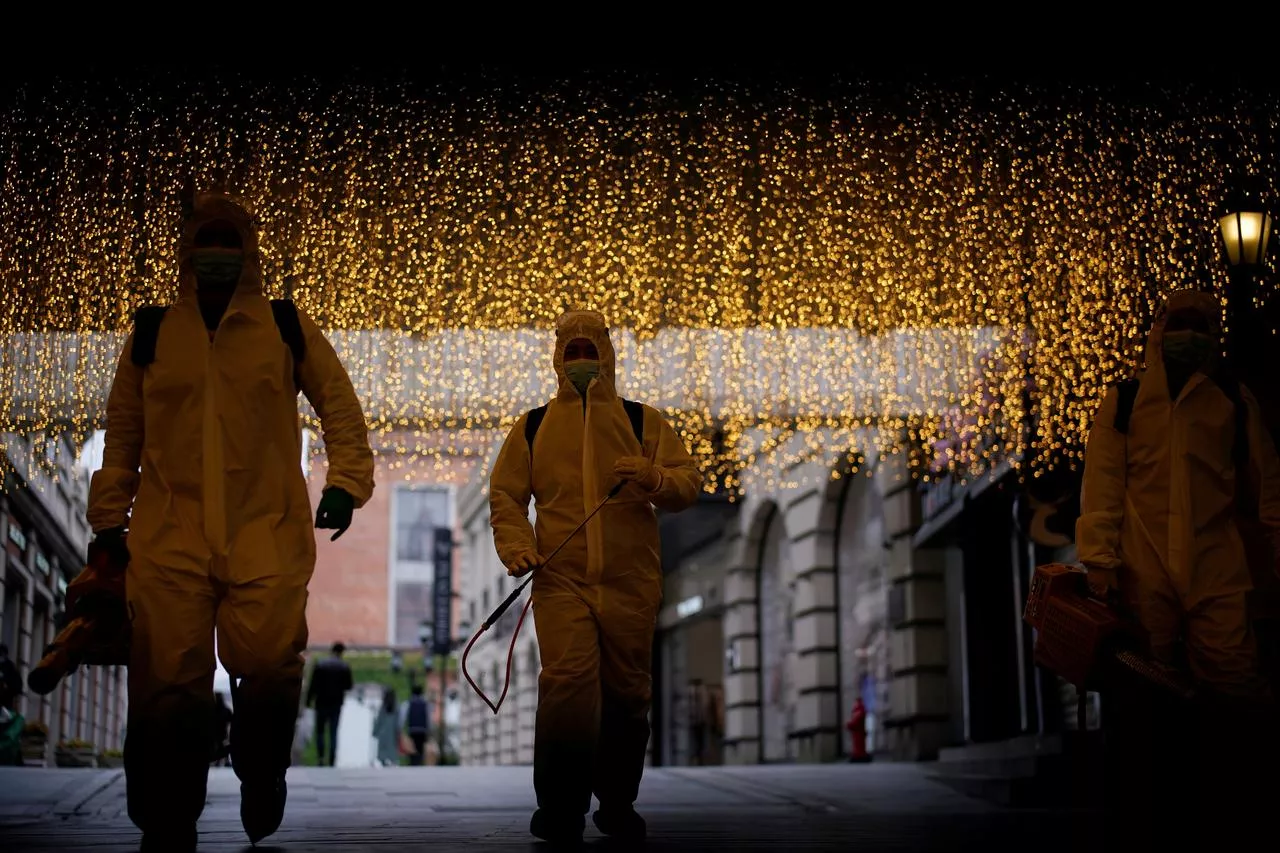Could Covid-19 become Pakistan’s white swan event?
Now is the time to seize the moment and re-negotiate our social contract
If Pakistan’s national priorities were sitting together on a high school cafeteria table, healthcare would be the unpopular kid no one pays attention to. That’s because it doesn’t have the shiny, physical aura of a new metro which could be commercialised in a political campaign. Nor does it have the quiet confidence of a national security priority which cannot be ignored. A crisis can make the invisible, visible again. For a society with a pre-existing condition of dysfunctionality like Pakistan, a crisis can quickly reveal the benefits of shattering the entrenched status quo.Exhibit A: a dramatic, emergency Ehsaas cash support programme for the poorest was launched in response to the Covid-19 lockdown. This will give Rs12,000 cash handouts to 12 million families directly i.e. 72 million Pakistanis. Typically, we are told Pakistan doesn’t have the resources to help the poorest, with money going to defence, paying off the IMF and rent-seeking industrial elite first, leaving only breadcrumbs for the most vulnerable.
Enter the cusp of a real humanitarian catastrophe and suddenly we find the resources to help those most in need. This is a fundamental renegotiation of the social contract between the people and the state. And once you get this right, it’s difficult to go back.
It gets better. The Covid-19 crisis suddenly transformed politics in Pakistan into a performance game versus a personality sport. Sindh took the lead by being proactive and was rewarded with political capital in return. Other provinces then began to compete for delivery and attention. This is a race to the top we want to take all the way to our graves. How can we institutionalise and transform Pakistani politics to reward politicians on the basis of performance versus patronage, once this crisis is over?
Another sector that can be transformed is energy consumption. Some of our work can be managed remotely — especially the work done by people who commute with cars, which is one of the largest contributors to our oil import bill, a prominent feature of our current account deficit. Similarly, how can we ensure retail shopping hours are limited to save energy consumption in a non-crisis time?
Never let a good crisis go to waste. The government must take a long term and enlightened view towards what Covid has to offer in terms of disruption and change and show there is opportunity in adversity. We want to re-enforce that we’re not underplaying the Covid-19 crisis with a positive twist. We’re simply highlighting the lessons we can learn.
One of the most profound outcomes of this crisis has been a discussion on the elite capture of Pakistan’s public discourse and policymaking. Imran Khan stood his ground despite overwhelming pressure to balance the need to contain the disease and support the vulnerable through a lockdown. The catastrophic impact of an unplanned, complete lockdown in India created a real time comparison versus Imran Khan’s choice. It’s too early to say which policy is definitively better from a Covid-19 point of view but it’s clear that Imran was able to resist elite capture of policymaking. Why is this important? Because the primary bottleneck stunting Pakistan’s economic potential is elite capture.
There are many underlying ills in Pakistan’s existing social contract which were protected in normal times but exposed during a crisis. Now is the time to seize the moment and re-negotiate our social contract. Imran Khan may not be able to deliver a Naya Pakistan with a weak coalition government. But this Covid-19 crisis gives him a second chance and Pakistanis a once-in-a-generation moment to renegotiate our social contract. As Nassim Nicholas Taleb says, can we identify areas of vulnerability in order to “turn this Black Swan, white?” Carpe diem!
Published in The Express Tribune, April 5th, 2020.
Like Opinion & Editorial on Facebook, follow @ETOpEd on Twitter to receive all updates on all our daily pieces.


COMMENTS
Comments are moderated and generally will be posted if they are on-topic and not abusive.
For more information, please see our Comments FAQ